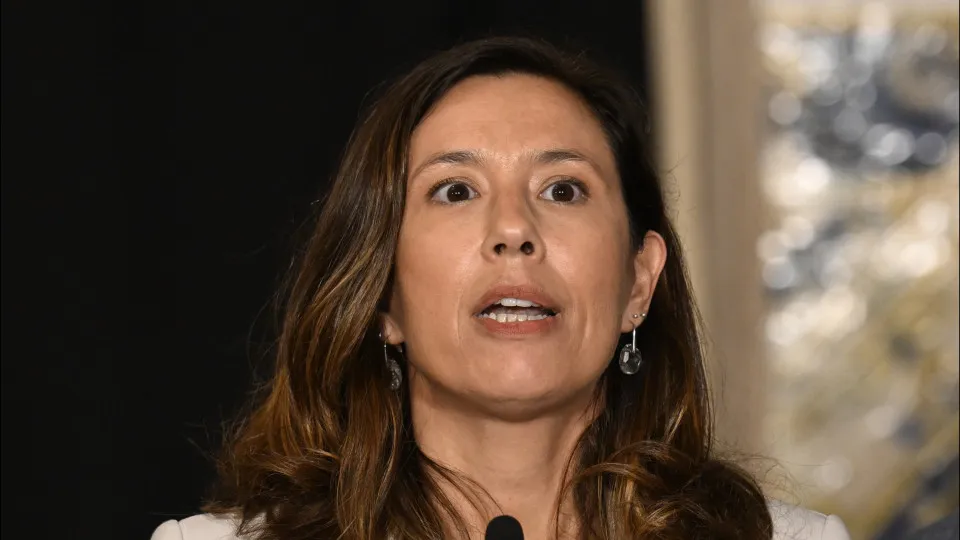
In late June, the Infocursos portal released information regarding over six thousand courses available in higher education, highlighting various indicators, including the ‘Completion Rate’. Here, the Nursing master’s program at the University of Évora was listed as one of the courses where no students completed their studies within the expected timeframe.
The General Directorate of Education and Science Statistics (DGEEC) primarily sourced data from reports provided by higher education institutions through the “Survey of Enrolled Students and Graduates of Higher Education” (RAIDES) between 2014 and 2023.
In DGEEC’s table, the Nursing master’s at the University of Évora appears as a course where “0” students graduated on time.
However, in statements to Lusa, the university’s vice-rector, Noémi Marujo, contends that “the presentation of DGEEC data, as mentioned, does not accurately reflect the reality at the University of Évora.”
The Nursing master’s is operated collaboratively by several institutions, “with the University of Évora and the Polytechnic Institute of Setúbal being just two of the entities involved, alongside the Polytechnic Institutes of Portalegre, Beja, Castelo Branco, and the University of Algarve,” she explains.
Noémi Marujo thus considers it “technically incorrect and manifestly unfair” to single out one institution.
The program operates on a rotational basis among the six partner Higher Education Institutions, and in the 2023/2024 academic year, the University of Évora was not the hosting institution, adds Noémi Marujo.
The University of Évora held this responsibility in the academic years 2016/2017 and 2020/2021, during which “around 90% of the students completed the study cycle on time,” she notes.
DGEEC explains that, to derive this indicator, the academic years in question vary according to the theoretical duration of the course. This allows for an understanding of how many students completed the course as expected, how many required an extra year (N+1), or up to three additional years to obtain the diploma (N+3).
“The reference academic years for graduates are set at 2019/2020 (N), 2020/2021 (N+1), and 2022/2023 (N+3). The reference years for first-time enrollees in the first year differ based on the theoretical duration of the course. For instance, for 3-year undergraduate programs, the reference year for first-year enrollees is 2017/2018,” reads the technical note accompanying the DGEEC database.




